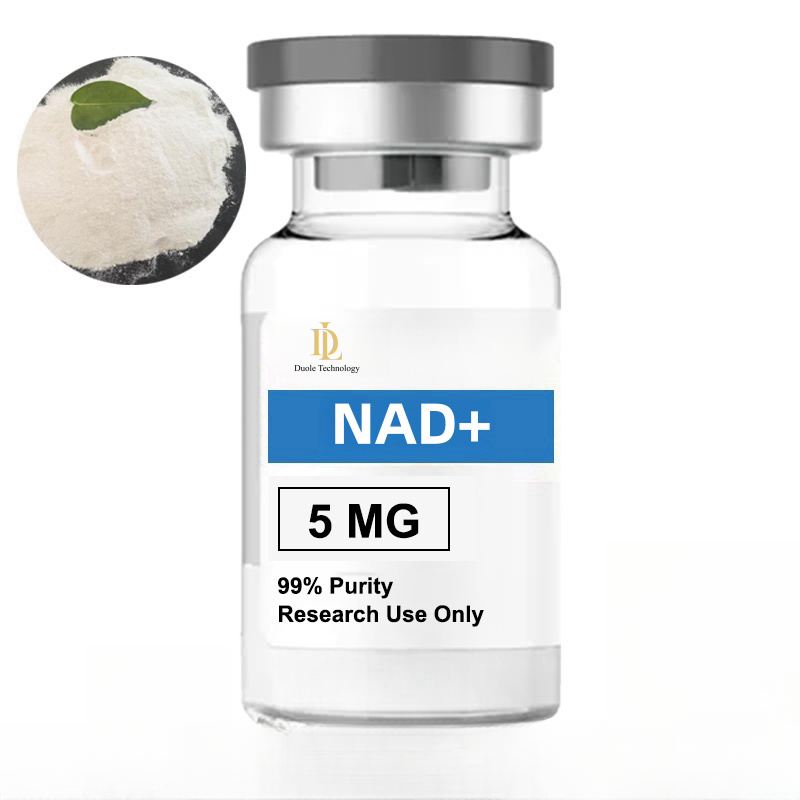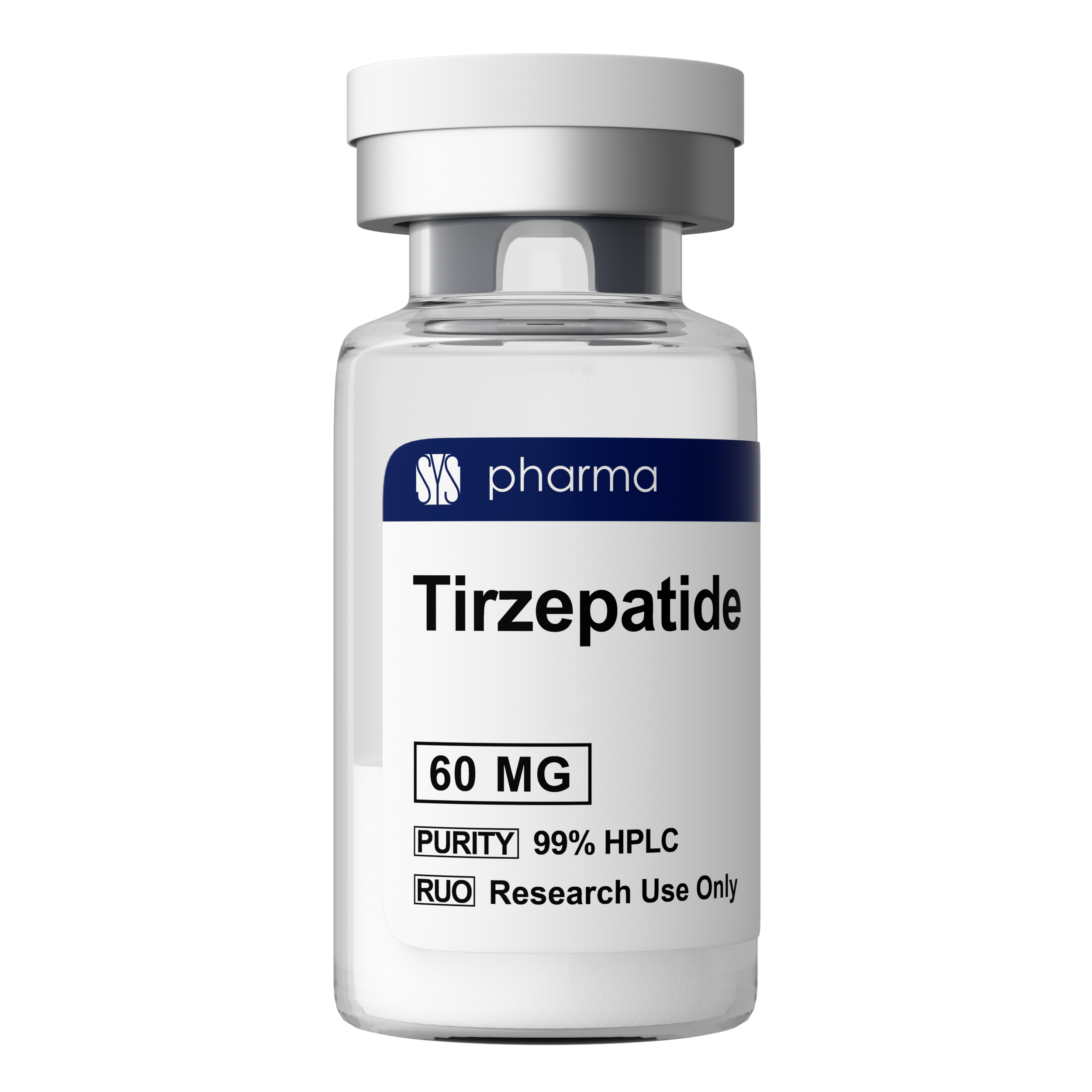Weigh! Alecensa, a Roche targeted anticancer drug, was approved by China
-
Last Update: 2018-08-21
-
Source: Internet
-
Author: User
Search more information of high quality chemicals, good prices and reliable suppliers, visit
www.echemi.com
Roche, a Swiss pharmaceutical giant, recently announced that China's National Drug Administration (CNDA) has approved alecensa (alectinib) as a single drug therapy for patients with anaplastic lymphoma kinase (ALK) - positive advanced non-small cell lung cancer (NSCLC) It is worth mentioning that alecensa was approved through the priority review, and the approval time was only eight months and nine months later than the first-line approval of the European Drug Administration (EMA) and the US Food and Drug Administration (FDA) Sandra horning, Roche's chief medical officer and head of global product development, said that alecensa was approved by CNDA today, marking a new era for China's ALK positive lung cancer patients Compared with the existing standard care, the drug can provide meaningful and sustainable treatment benefits In addition, this approval also represents a significant regulatory change, and the review time has achieved an unprecedented acceleration We are very pleased to be at the forefront of China's healthcare innovation and help bring alecensa to patients in need as soon as possible This approval is based on the main analysis data of the key phase III clinical study Alex, the pharmacokinetic data of phase III clinical study Alesia in Asian patients, and the data of two phase II clinical studies in patients who are not resistant to or progress after the treatment of targeted anticancer drug xalkori (crizotinib) The Alex study, a randomized, multicenter, open label study, was conducted in 303 adult patients with treatment naive ALK positive nscnc to compare the efficacy and safety of alecensa and xalkori in first-line treatment Compared with xalkori, alecensa significantly reduced the risk of disease progression or death (PFS) by 53% (HR = 0.47, 95% CI: 0.34-0.65, P < 0.0001), brain metastasis or CNS metastasis or brain / CNS brain The risk of tumor growth was significantly reduced by 84% (HR = 0.16, 95% CI: 0.10-0.28, P < 0.0001); in the study, although alecensa treatment lasted for a long time (17.9 months vs 10.7 months), it showed more favorable safety and tolerance According to the updated data of Alex study published at the annual meeting of the American Society of Clinical Oncology (ASCO) in 2018, the PFS assessed by researchers in alecensa treatment group was more than three times that of xalkori treatment group (34.8 months [95% CI: 17.7-ne] vs 10.9 months [95% CI: 9.1-12.9 months]) The data from the ALESIA study further support the use of Alecensa in the treatment of NSCLC patients with ALK positive The study reached the primary end point, with data showing a significant reduction in the risk of disease progression or death (PFS) in alecensa treated patients compared to xalkori treated patients in Asia with ALK positive NSCLC This study is also the third phase III clinical trial in which alecensa's first-line treatment for ALK positive lung cancer is significantly better than xalkori's, and the detailed data will be published in a future medical conference Alecensa is a new small molecule tyrosine kinase inhibitor (TKI) targeting ALK In the United States and the European Union, the drug obtained accelerated approval and conditional approval in December 2015 and February 2017, respectively As a single drug therapy, it is used for the second-line treatment of adult patients with ALK positive advanced NSCLC who have received xalkori treatment before In addition, alecensa was approved by the United States and the European Union in November 2017 and December 2017, respectively, as a single drug therapy for the first-line treatment of ALK positive NSCLC Unlike western countries, the incidence of lung cancer in China is on the rise It is the most common type of cancer and the main cause of cancer death NSCLC is the most common type of lung cancer, and alk positive NSCLC is a unique type, which is common in the younger (median age 52 years old) lung cancer population without smoking history, especially in the specific type of NSCLC named adenocarcinoma About 5% of NSCLC are ALK positive, and about 75000 people are diagnosed with ALK positive NSCLC every year It is estimated that most of the patients with ALK positive NSCLC will develop drug resistance within one year after receiving the current standard nursing drug xalkori, and about 60% of them will have central nervous system (CNS) metastasis Studies have shown that alecensa is able to maintain its activity in CNS through the blood-brain barrier, so the drug is also effective against brain metastases So far, alecensa has been approved by 57 countries in the world for the initial (first-line) treatment of ALK positive advanced NSCLC.
This article is an English version of an article which is originally in the Chinese language on echemi.com and is provided for information purposes only.
This website makes no representation or warranty of any kind, either expressed or implied, as to the accuracy, completeness ownership or reliability of
the article or any translations thereof. If you have any concerns or complaints relating to the article, please send an email, providing a detailed
description of the concern or complaint, to
service@echemi.com. A staff member will contact you within 5 working days. Once verified, infringing content
will be removed immediately.







